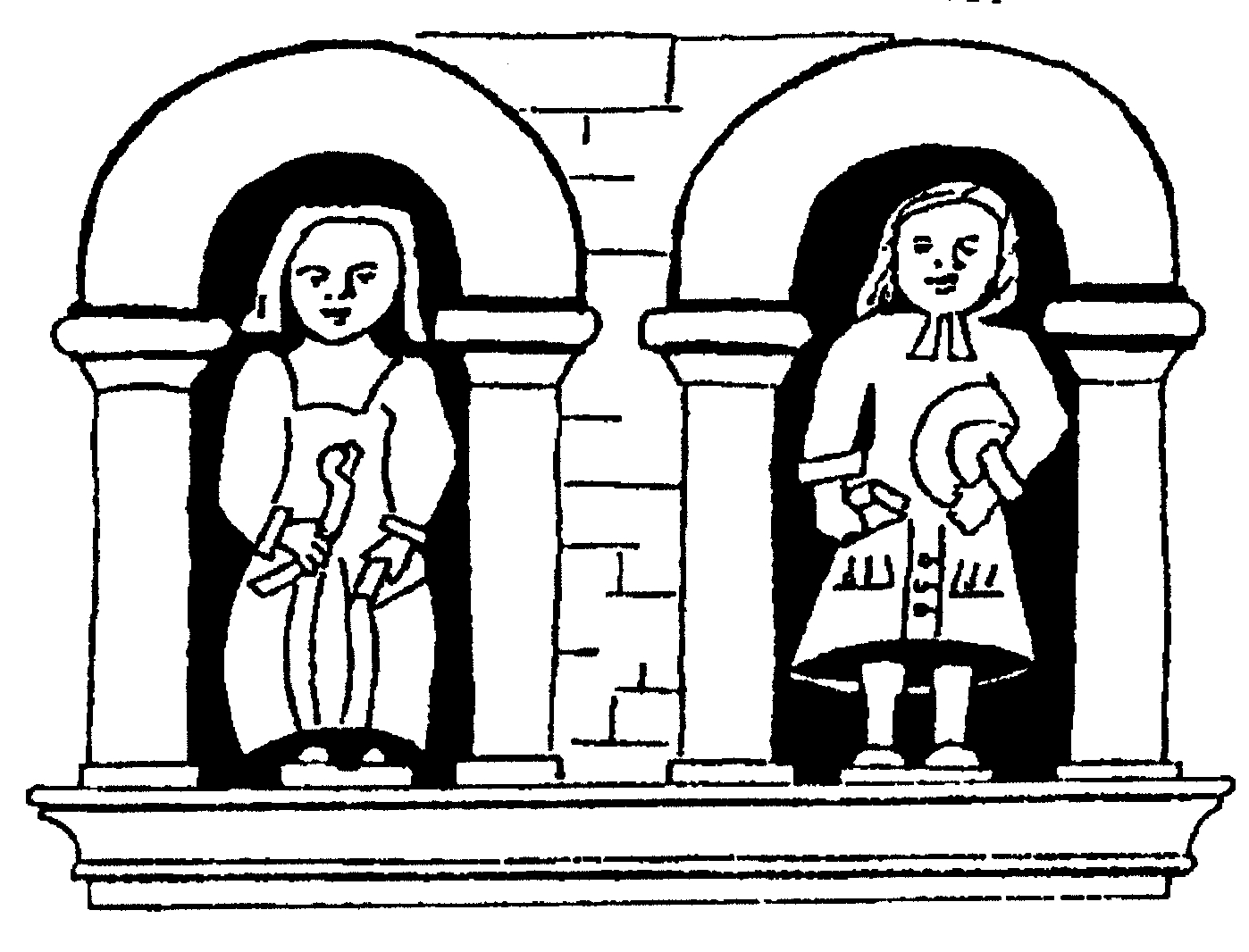Safeguarding
Safeguarding
Burrough Green C of E Primary School is committed to ensuring the welfare and safety of all our children in school. We believe that pupils have a right to learn in a supportive, caring and safe environment, which includes the right to protection from all types of abuse, where staff are vigilant for signs of any pupil in distress and are confident about applying the/our safeguarding processes to avert and alleviate any such problems.
Safeguarding is about ensuring that everyone is safe from harm – safe from bullying, safe from people who could abuse, safe from discrimination or harassment – and that we all feel safe in our environment.
If you are ever concerned about the safety or well‐being of someone at our school, please talk to one of the school’s Designated Safeguarding Leads (DSL).
SAFEGUARDING STATEMENT
This school is committed to safeguarding and promoting the welfare of children and expects all staff and volunteers to share this commitment. This means that we have a Child Protection Policy and procedures in place.
Parents and carers are welcome to read the policy on request. Sometimes we may need to share information and work in partnership with other agencies when there are concerns about a child’s welfare. We will ensure that our concerns about our pupils are discussed with their parents/carers first unless we have reason to believe that such a move would be contrary to the child’s welfare. If a member of staff is concerned about a child’s welfare, they will record their concern, and any observations or conversation heard, and report to one of the DSLs as soon as possible the same day.
If a member of staff has concerns which relate to the actions or behaviour of another member of staff (which could suggest that s/he is unsuitable to work with children), then this will be reported to one of the DSLs in confidence, who will refer the matter to the Headteacher (or the Chair of Governors if the concern relates to the Headteacher) who will consider what action to take.
Our Designated Safeguarding Leads (DSLs) are:
Mr David Sandford - DSL, Online Safety Lead Prevent Lead and Domestic Abuse Lead
Mrs Alice Leadbeter - DSL
Prevent Strategy
Prevent is a government strategy designed to stop people becoming terrorists or supporting terrorist or extremist causes. The Prevent Strategy covers all types of terrorism and extremism, including the extreme right wing, violent Islamist groups and other causes.
From July 2015 all schools (as well as other organisations) have a duty to safeguard children from radicalisation and extremism. This means we have a responsibility to protect children from extremist and violent views the same way we protect them from drugs or gang violence. Importantly, we can provide a safe place for pupils to discuss these issues so they better understand how to protect themselves
Online Safety
Top Tips for keeping your children safe online:
- Use Google Safe Search (http://www.safesearchkids.com/google-kids/)
- Go through and set the privacy settings with your child. Be prepared to change these as their needs change.
- Encourage your child to use different usernames for different accounts. It is easy to contact someone if they have the same username for all their accounts.
- Wherever possible, change settings so that your child must be tagged for permission before a picture of them is posted.
- Encourage a 2 minutes rule - pause and think for 2 minutes before posting information online.
- Discuss who is on the 'friends' list periodically. If they are not real life friends, then why are they on the list?
- Find out (with your child) how to archive or record any conversation and how to report concerns about the social network site that they commonly use.
- Encourage your child to use social networks and the internet in a family area rather than in their room with the door shut.
- Talk about what they might do if they were upset or anxious about something they have received or seen.
- Most Social Media sites have a recommended age of over 13, including WhatsApp, Instagram, Facebook and Snapchat.
This link gives parents excellent information:
https://parenthub.thekeysupport.com/?uuid=4187741c-fbb9-4237-8e04-389af58a0ea
DOMESTIC ABUSE
Please find links below to support you.
https://www.nhs.uk/live-well/getting-help-for-domestic-violence/
https://lifecentre.uk.com/national-centre-for-domestic-violence/
Peer on Peer Abuse
Peer-on-peer child abuse is a term used to describe children abusing other children. Peer-on-peer child abuse can include: bullying (including online bullying and bullying because of someone's race, religion, sexuality, disability or trans status) abuse by your 'friends', girlfriend or boyfriend.
This website is excellent for this:
